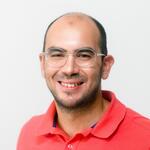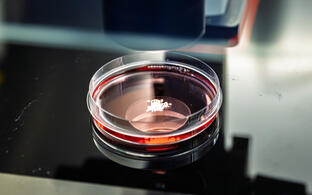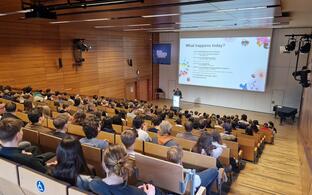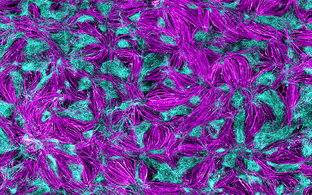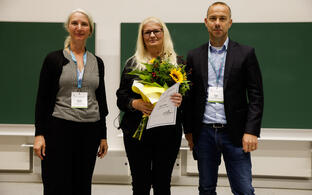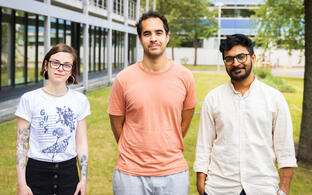
Gouti Lab
Stem Cell Modeling of Development and Disease
Profile
Following the cues from mouse embryonic development we have recently succeeded in generating human neuromuscular organoids (NMOs) from a pluripotent stem cell derived neuromesodermal progenitor population (NMP).
This in vitro system opens up new opportunities for the study and treatment of neuromuscular diseases due to its great advantage of simultaneously generating spinal cord neurons and skeletal muscle cells that self-organise to form functional neuromuscular junctions in the "dish".
Our focus is understanding how specific types of spinal cord neurons and skeletal muscle cells are generated in space and time during development, how they interact and, intriguingly, how defects in early development of these tissues can lead to different predisposition to disease in the adult life.
To address these questions we are developing advanced 2D cell culture and 3D organoid models that more closely resemble the in vivo systems from human pluripotent stem cells. We combine these in vitro models with gain and loss of gene function approaches (Crispr/Cas9 system), single cell genomics (RNA-seq), spatial transcriptomics as well as live cell imaging techniques.
For more information please visit Gouti Lab Website


